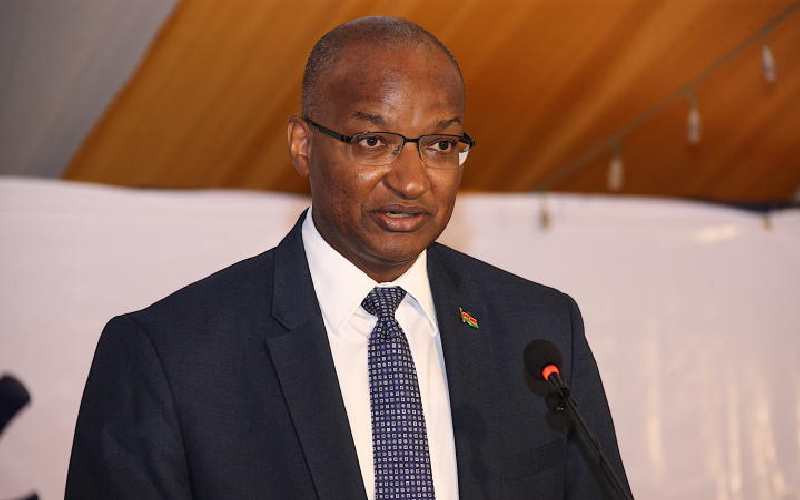×
The Standard e-Paper
Fearless, Trusted News

Governor Central bank Of Kenya Dr.Patrick Njoroge speaking during the launch of inter-agency guidelines on cooperation and collaboration in investigation and prosecution of Terrorism and financing. [Wilberforce Okwiri, Standard]
Borrowers are staring at expensive loans after the Central Bank of Kenya (CBK) increased its benchmark lending rate by 75 basis points to 8.25 per cent.